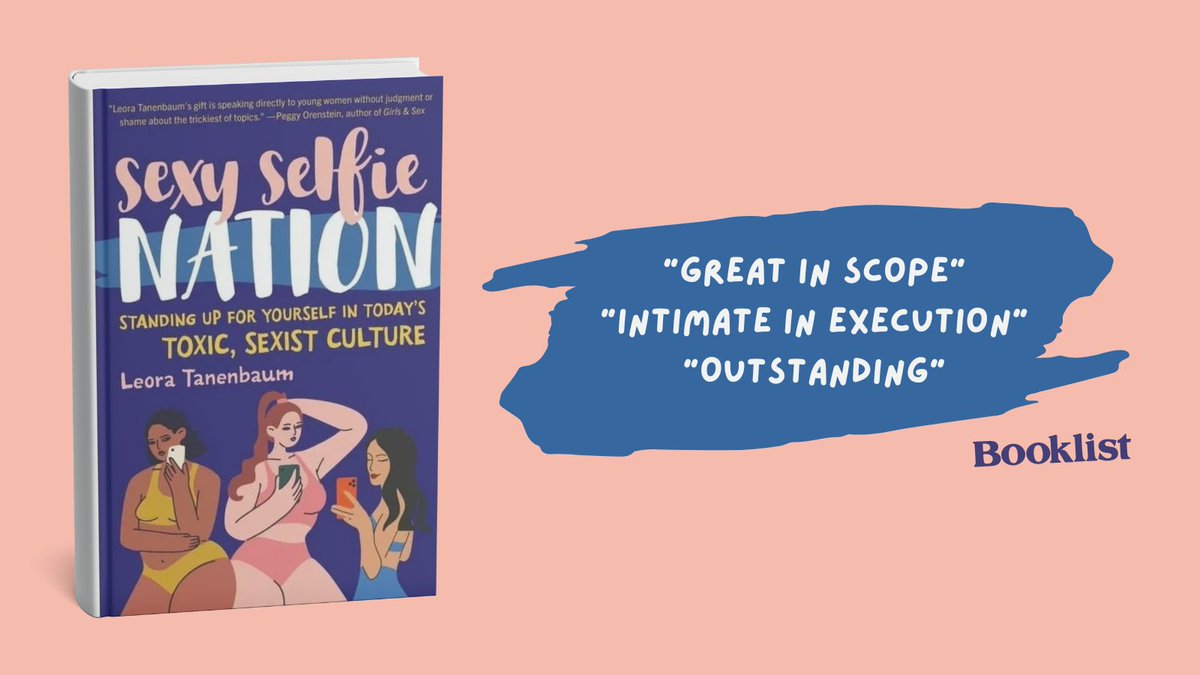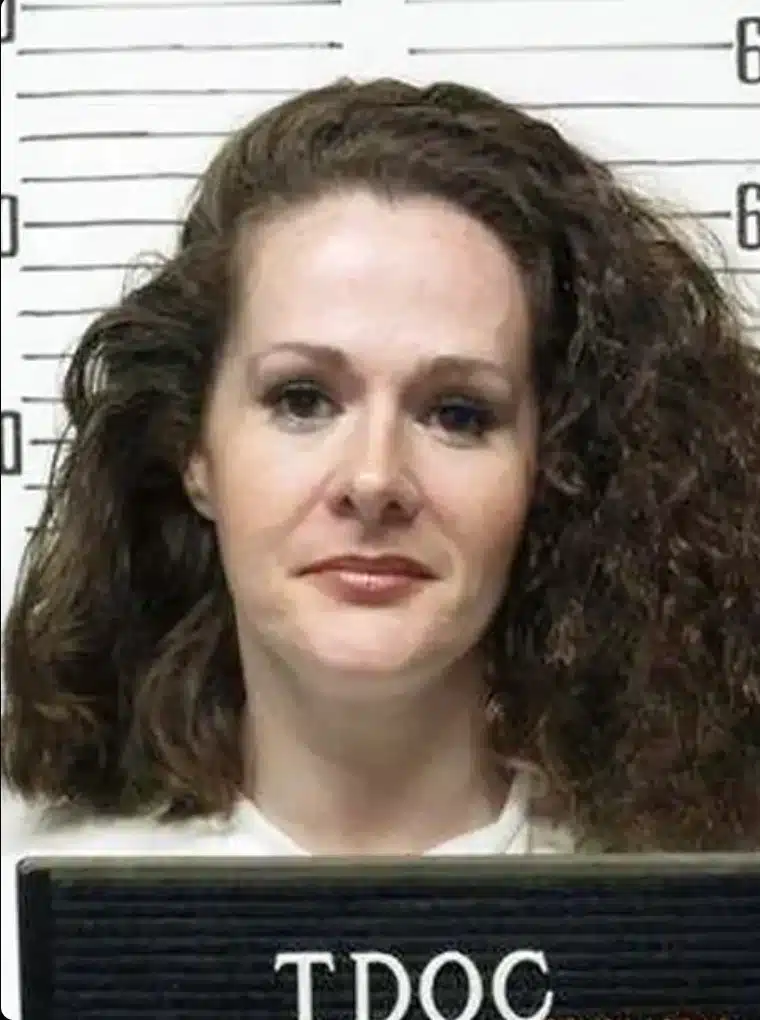On TikTok, women are debating the shrinking size of bikinis—some joke they’re now just “a piece of thread.” Meanwhile, OnlyFans creators like Lily Phillips, who made headlines for extreme sexual challenges, go viral. And parents are grappling with new fears: deepfake porn, hypersexualized fashion, and the pressure on girls to post provocative images online.
In her new book, Sexy Selfie Nation, author and slut-shaming expert Leora Tanenbaum argues that the problem isn’t the girls taking “sexy selfies” or wearing revealing outfits—it’s the toxic, sexist culture they’re navigating. Young women, she says, are pushing back against three pillars of nonconsensual sexualization: gendered dress codes, the nonconsensual sharing of intimate images (like revenge porn and deepfakes, which she calls image-based sexual abuse), and the victim-blaming that follows harassment and assault.
Through interviews with young women, Tanenbaum offers a roadmap for parents to better understand their daughters’ choices—and for girls to reclaim control over their self-expression. Sexy Selfie Nation: Standing Up for Yourself in Today’s Toxic, Sexist Culture was released on May 20.
This interview has been edited for clarity and length.
Q: In your book, you share the story of Grace, a 17-year-old whose boyfriend posted photos of her in a short black dress at homecoming—sparking harsh criticism, mostly from women. Why does judgment from other women cut deeper?
A: Grace’s story highlights a generational divide. Many young women face censure from older women—even self-proclaimed feminists—who say things like, “I’d never call my daughter a slut, but she dresses like one.”
I started this project because parents kept asking me for advice on how to talk to their daughters without slut-shaming them. What I found? Most girls aren’t trying to sexualize themselves—they’re reacting to a culture that forces sexualization on them. Parents often miss that nuance.
Q: Why does slut-shaming persist among young women themselves?
A: We live in a society where girls who are seen as “too sexual” (whatever that means) are judged, mocked, and ostracized. Even girls who know better absorb these attitudes unconsciously.
When girls slut-shame each other, it’s often a coping mechanism—a way to deflect scrutiny from themselves. It’s not always malicious, but it’s painful because we hold women to higher standards of solidarity.
Q: You write that women today feel constantly “watched,” even in private. Why?
A: When I was slut-shamed in high school, I could escape it behind my bedroom door. Today, privacy doesn’t exist in the same way. With cameras everywhere, deepfake porn, and AI nudification apps, anyone’s image can be weaponized without consent. That inescapable gaze shapes how girls see themselves—always “on,” always self-monitoring.
Q: Some women in your book reclaim power after trauma (like assault or revenge porn) by posting sexy content. But doesn’t that reinforce stereotypes—like “she must have daddy issues”?
A: Slut-shaming creates polarizing reactions. Some women become hyper-sexual to reclaim agency; others suppress their sexuality entirely—wearing baggy clothes, altering their bodies to feel “unattractive.”
This isn’t just about, “I was a revenge porn victim, now I’m on OnlyFans.” It’s about recognizing the layers of trauma and societal pressure that shape these choices.
Q: You discuss platforms like OnlyFans as both “empowerment” and labor. For women who don’t feel empowered by this work, how do we find common ground?
A: We need to listen to all experiences. For some, monetizing their body is liberating; for others, it’s just a job—or exploitation. The common thread? Agency. The real question is: Can women make these choices freely, without coercion or shame? Right now, the answer is often no.




